Effective from mid-February 2025, after more than 1 month of implementing the new regulations of Circular 29 of the Ministry of Education and Training, it has had a very clear impact on schools, teachers, and parents. Public opinion expects that tightening extra teaching and learning in schools will eliminate paradoxes in education. From this issue, Dai Doan Ket Newspaper will start publishing a 3-part series: Returning the true value to formal teaching.
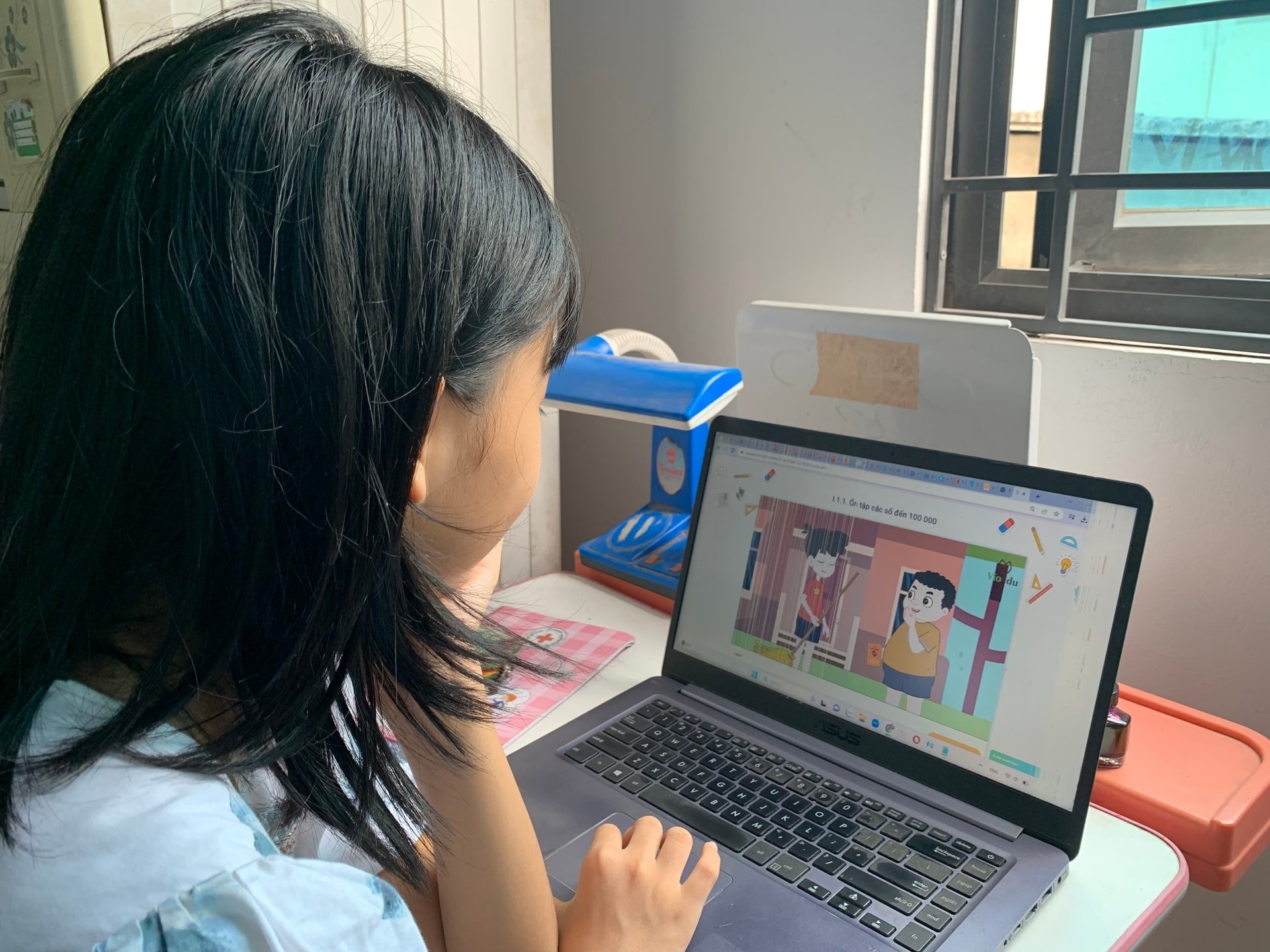
Circular 29 was implemented when important final exams were approaching, which were also the first innovative exams, so it was inevitable that schools, teachers, parents and students would be worried. In the immediate future, there have been gradual changes in thinking, habits and teaching methods, helping to enhance students' self-study ability.
“The push” for schools and students to change
With the intensity of extra classes at school ranging from 5 afternoons/week with a total of 15 periods, now only 6 periods/week for 3 subjects for the 10th grade entrance exam, Nguyen Lan Chi (a 9th grade student in Thanh Xuan district, Hanoi) expressed her concern about not being able to meet the upcoming exam. “My mother is even more worried than me. She asked many friends, even exam preparation centers, but it was not easy to find a class suitable for my level” – Lan Chi said and added that she was not too worried about English because for many years she had maintained 2 extra classes of grammar and communication, without any interruption.
This is also the concern of many other students and parents when Circular 29 comes into effect, the review time for students in grades 9 and 12 of schools has significantly reduced. Although he is an excellent student, Vo Ta Le Cuong, class 12A1, Anh Son 1 High School (Nghe An) and his friends still feel worried and confused when the school temporarily stops tutoring in the first week of implementing Circular 29. After about 2 weeks of stopping review, the school has now returned to tutoring for grade 12, but due to the limit of 2 periods/subject/week, Cuong determined that he needs to make an effort to self-study and self-review according to the teachers' instructions. In class, he focuses on listening to the lecture, asking questions right away about things he doesn't understand. At home, he reviews the types of exercises, does exercises and regularly connects with teachers if he has any questions to get answers...
Mr. Nguyen Tran Duc - Vice Principal of Anh Son 1 High School said that 514 out of 517 students of the school registered to take the graduation exam review at the school. In order to make effective use of teaching time in class as well as free review sessions, the school has thoroughly informed teachers about following the curriculum, teaching plan and reviewing for students. The school also rearranged the subject matter so that teachers who teach exam subjects in addition to the 19 periods as prescribed have some extra periods to review for students in the afternoon.
With many years of experience in reviewing for final exams, Ms. Dang Thi Ngoc Ha - Math teacher at Anh Son Secondary School (Nghe An) said that although the review time at school has been reduced, she does not "give up on students". She discussed with students and parents so that they can take the initiative in self-studying at home, creating a Zalo group ready to support students when they want to ask questions outside of class. The school also introduced to students some review and mock test websites of the Nghe An Department of Education and Training (GDĐT) so that students have another effective learning channel. "With the solutions that have been implemented, the efforts of both teachers and students, the encouragement and close supervision of parents, I believe that we can still ensure the basic knowledge for students to pass the important final exam and achieve the best results" - Ms. Ha shared.
After Circular 29 took effect, formal teaching hours, which are the most important time for teachers to impart knowledge and guide students in their studies, have received special attention from schools and teachers. Many teachers said they have proactively adjusted their formal teaching and exam review plans. In addition to teaching basic and core knowledge, teachers spend time guiding students in self-study methods. After each lesson, teachers give exercises classified by student group for students to complete at home with the support of their parents, and discuss with teachers whenever they do not understand. Teach to the point, make sure to that point and add review topics so that students can grasp the knowledge.
Teacher Le Thi Thuy Nga (Son Tay High School for the Gifted, Hanoi) said that in addition to providing detailed instructions for students to understand the lesson right in class, each teacher is also imbued with the spirit of maximum support when students study on their own. "On the journey of supplementing knowledge, in addition to the guidance of teachers, students also have many support tools, online learning programs that can be consulted... Online resources and video lectures are also available on free platforms introduced by teachers to diversify learning methods, stimulate students' interest in learning to achieve the best results" - Ms. Nga said.
School and family work together
According to the 2018 General Education Program, self-study ability is one of the core abilities that need to be formed and developed in students. Supporting the need to guide students to self-study as a top priority, Associate Professor Dr. Chu Cam Tho (Vietnam Institute of Educational Sciences) also frankly pointed out the reality that students' self-study ability is still limited. "The most effective way to learn is to self-study. Participating in too many extra classes will affect students' self-study ability. High schools are responsible for training programs and have the mission of creating learning opportunities for students. From there, help them adapt to enrollment models" - Associate Professor Dr. Chu Cam Tho said.
In the digital age, self-study is becoming an essential skill as students no longer depend on traditional extra classes. Dr. Hoang Ngoc Vinh - former Director of the Department of Vocational Education (Ministry of Education and Training) emphasized that the greatest benefit of self-study is to empower students. They not only acquire knowledge but also develop important skills such as time management, independent thinking and problem-solving ability...
To help students form and develop self-study capacity, Dr. Hoang Ngoc Vinh pointed out that schools need to build a learning environment that encourages self-study by developing open learning spaces such as libraries, research rooms, and group study areas so that students can proactively seek knowledge. Teachers need to innovate teaching methods so that students can discover knowledge on their own, guide students to learn through projects, and participate in competitions to increase opportunities to practice self-study ability. Teachers teach students how to make study plans, take effective notes, read scientific books, search for documents on the internet, etc.
In the context of strictly managed tutoring and extra learning, this is an opportunity for the whole society to look back at the true value of learning at school and at home and find practical solutions to support students. In particular, it is necessary to help students build a habit of self-study every day by setting a fixed study time, searching for documents and expanding knowledge beyond textbooks. Parents need to accompany and encourage their children to self-study with reference materials, support books, exam preparation software, etc.
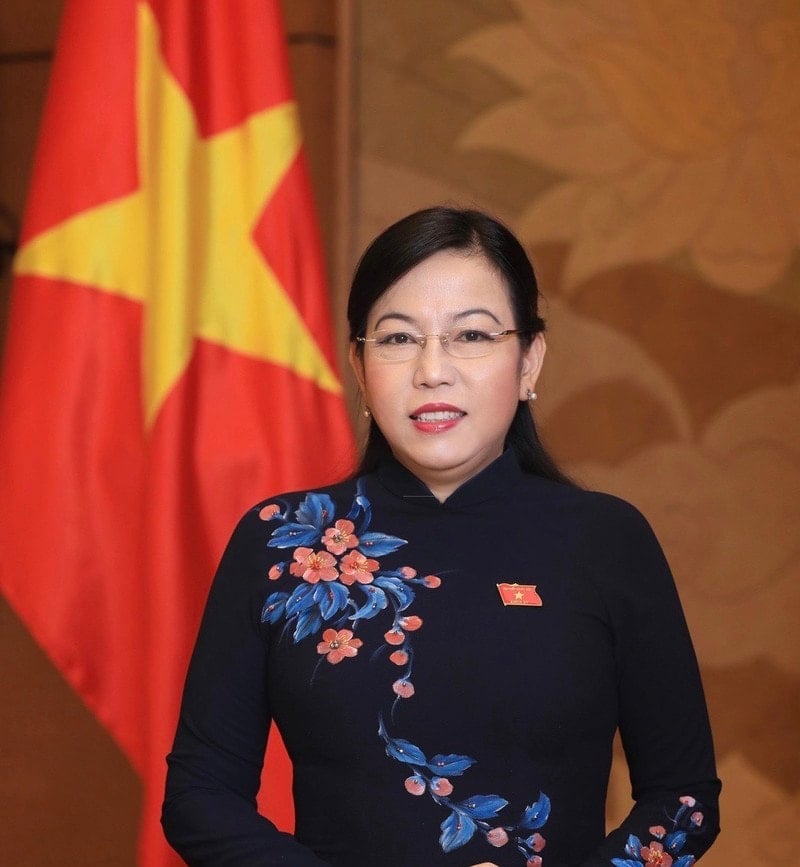
Eliminate inconsistencies in teaching and learning
At the 43rd session of the National Assembly Standing Committee, Chairman of the Delegation Affairs Committee Nguyen Thanh Hai assessed that recently there has been a quick, drastic and strong involvement of the Ministry of Education and Training, as well as localities, to rectify shortcomings and limitations in the implementation of extra teaching and learning.
According to Ms. Nguyen Thanh Hai, the regulations on extra teaching and learning in Circular 29 have restored the true value to the transmission and teaching of official knowledge in class. Teachers are responsible for teaching so that the majority of students achieve good or better results in exams. Good students or students with weak abilities can take extra classes and receive training according to regulations. This is the responsibility of teachers to train students to meet standards and the responsibility to create questions that are not too difficult, challenging, and require extra classes to be completed.
(To be continued)
Source: https://daidoanket.vn/tra-lai-gia-tri-dich-thuc-cho-giang-day-chinh-khoa-bai-1-thuc-day-tinh-than-tu-hoc-cua-hoc-sinh-10301680.html




![[Photo] National Assembly Chairman Tran Thanh Man attends the ceremony to celebrate the 1015th anniversary of King Ly Thai To's coronation](https://vstatic.vietnam.vn/vietnam/resource/IMAGE/2025/4/13/6d642c7b8ab34ccc8c769a9ebc02346b)
![[Photo] National Assembly Chairman Tran Thanh Man attends the Policy Forum on Science, Technology, Innovation and Digital Transformation](https://vstatic.vietnam.vn/vietnam/resource/IMAGE/2025/4/13/c0aec4d2b3ee45adb4c2a769796be1fd)
![[Photo] Prime Minister Pham Minh Chinh chairs the Government's special meeting on law-making in April](https://vstatic.vietnam.vn/vietnam/resource/IMAGE/2025/4/13/8b2071d47adc4c22ac3a9534d12ddc17)




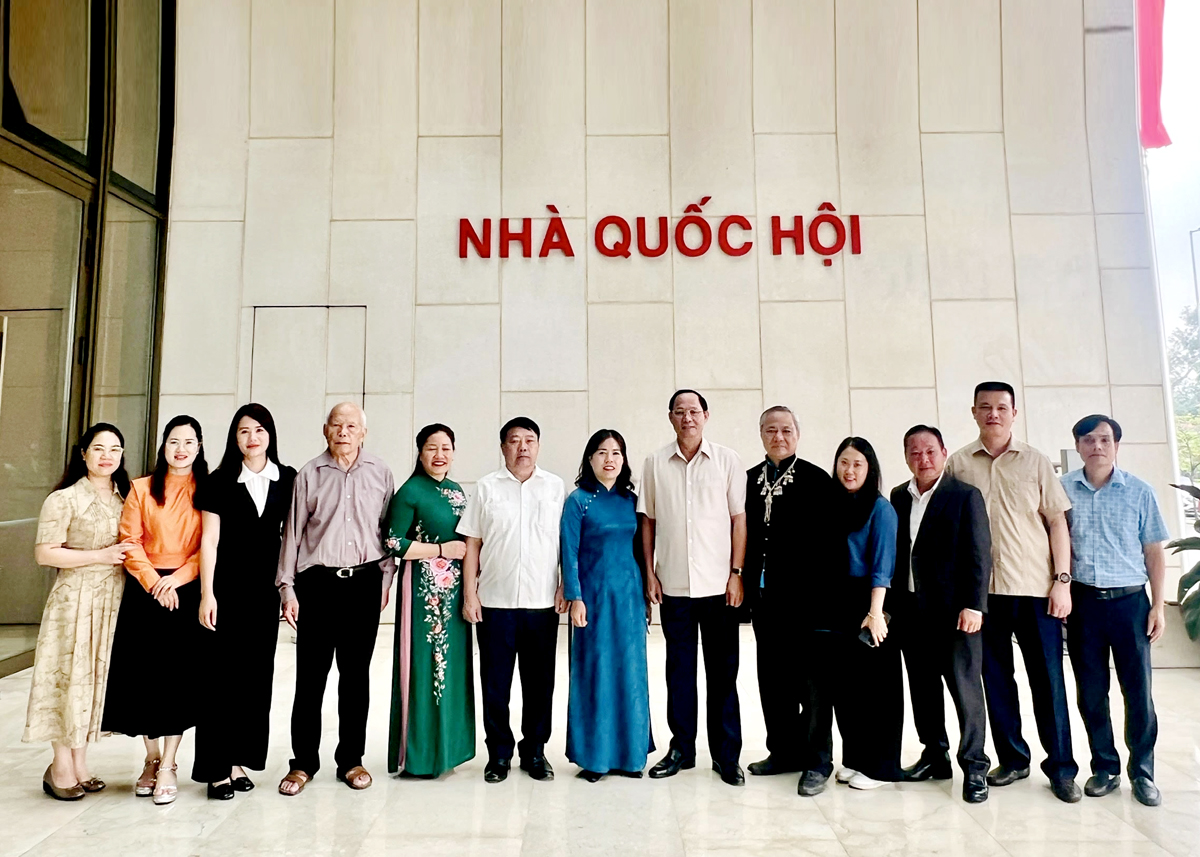

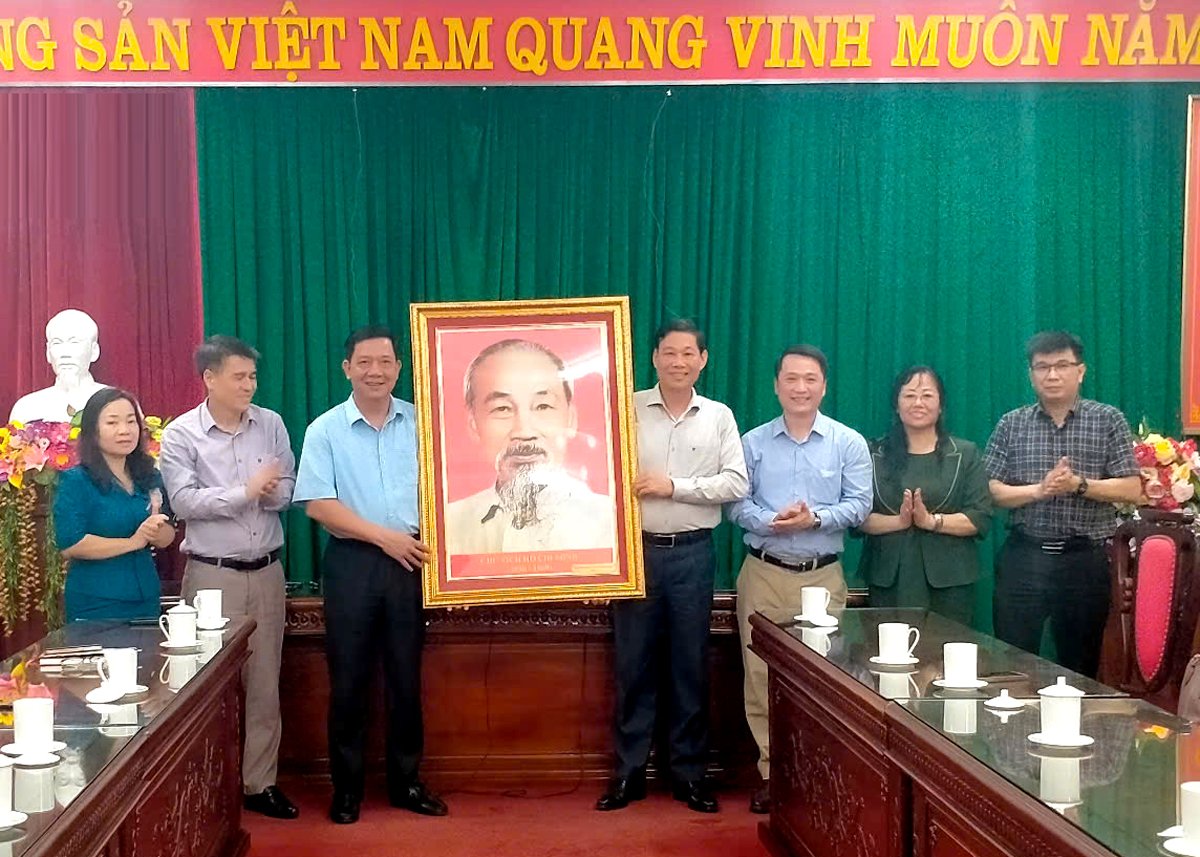

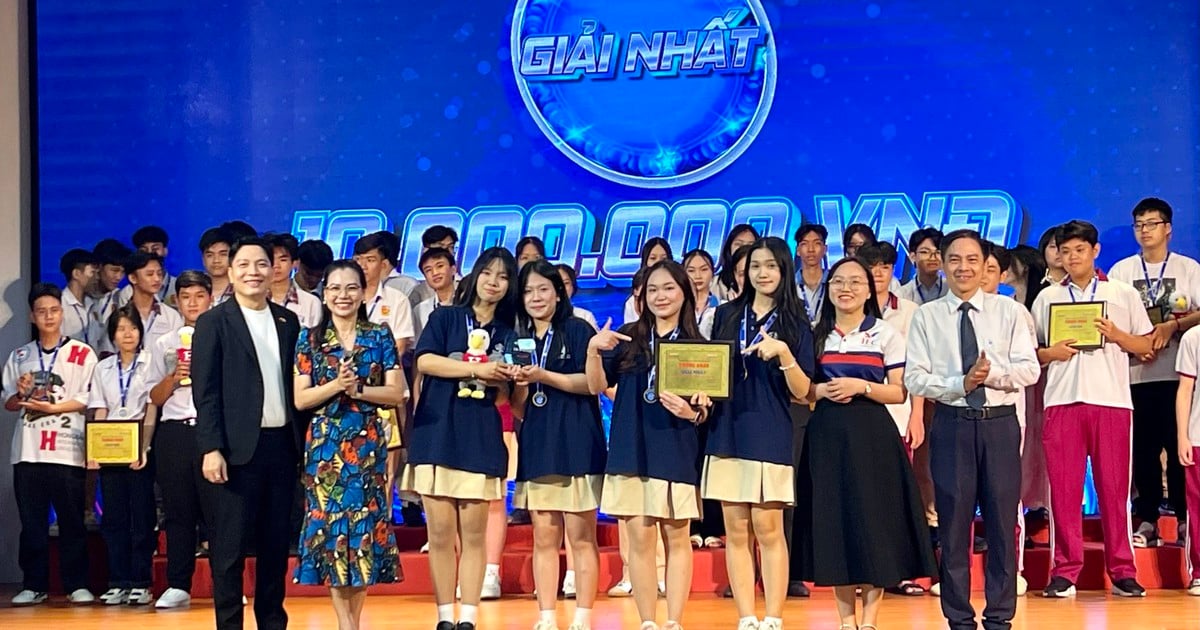

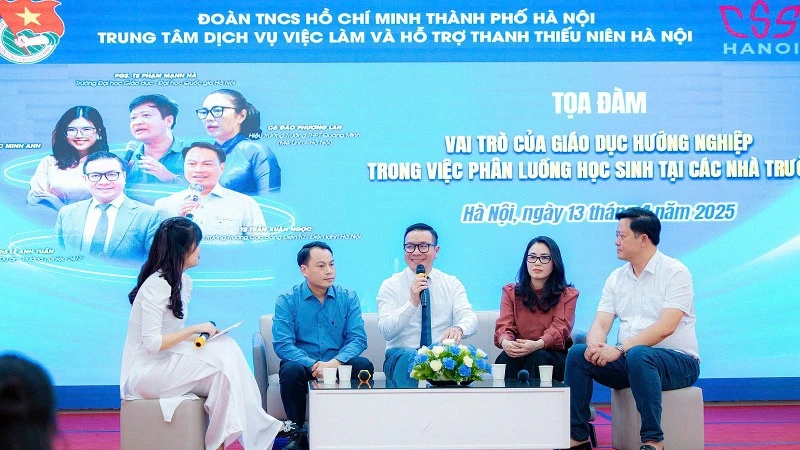
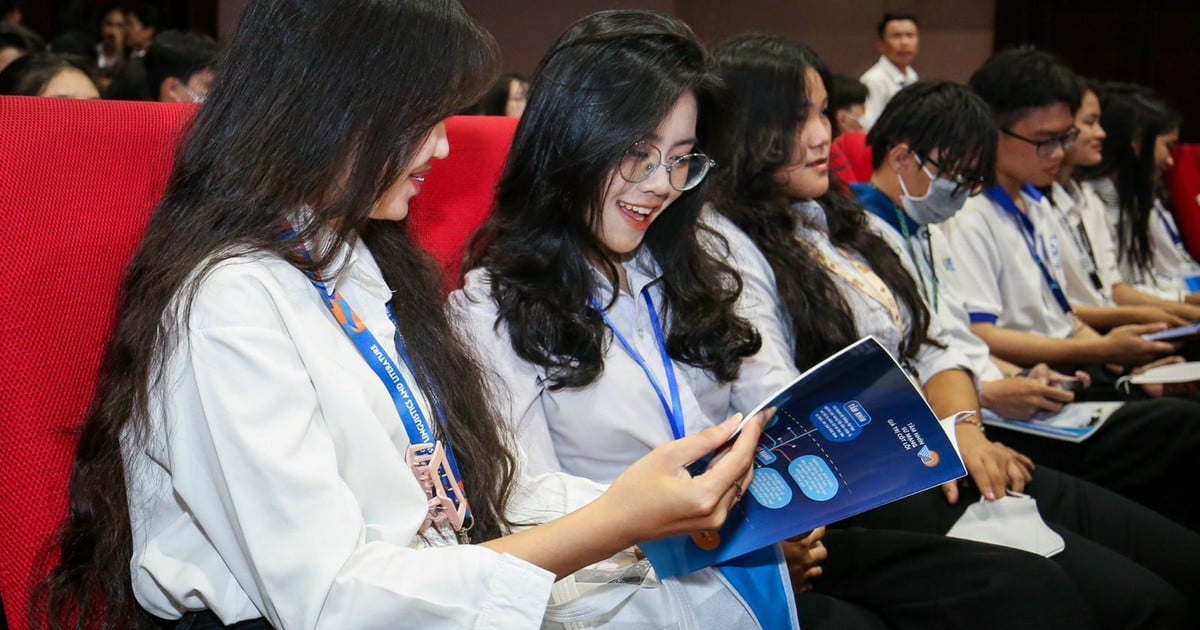
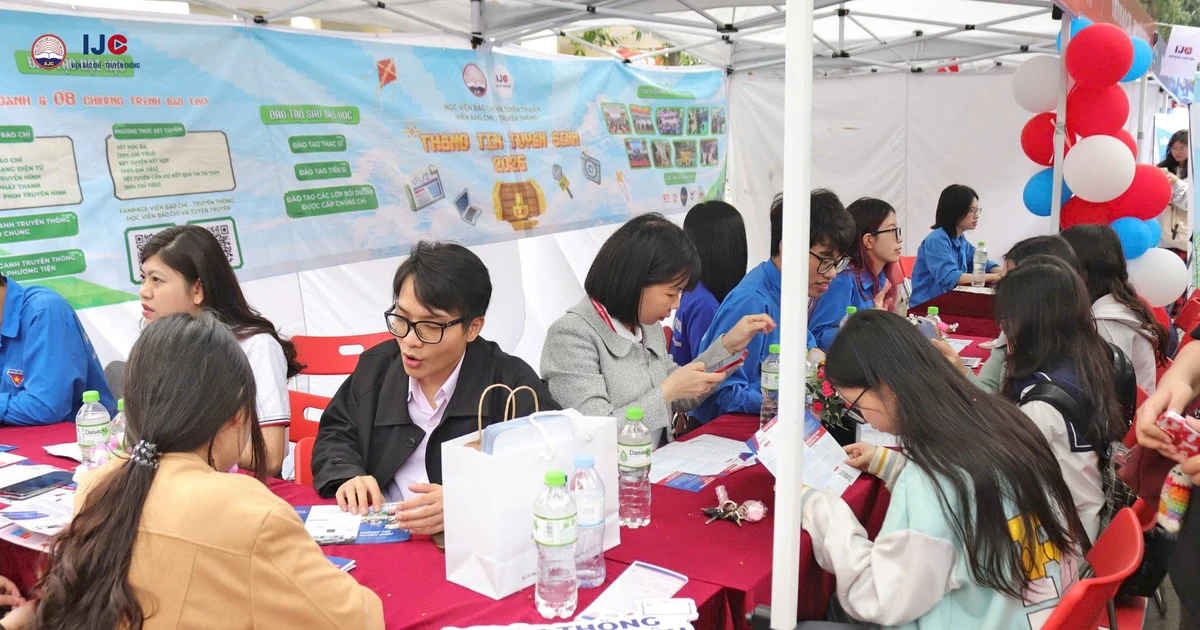
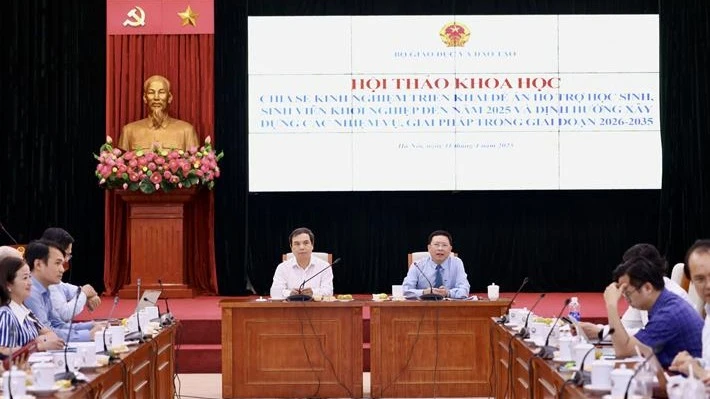




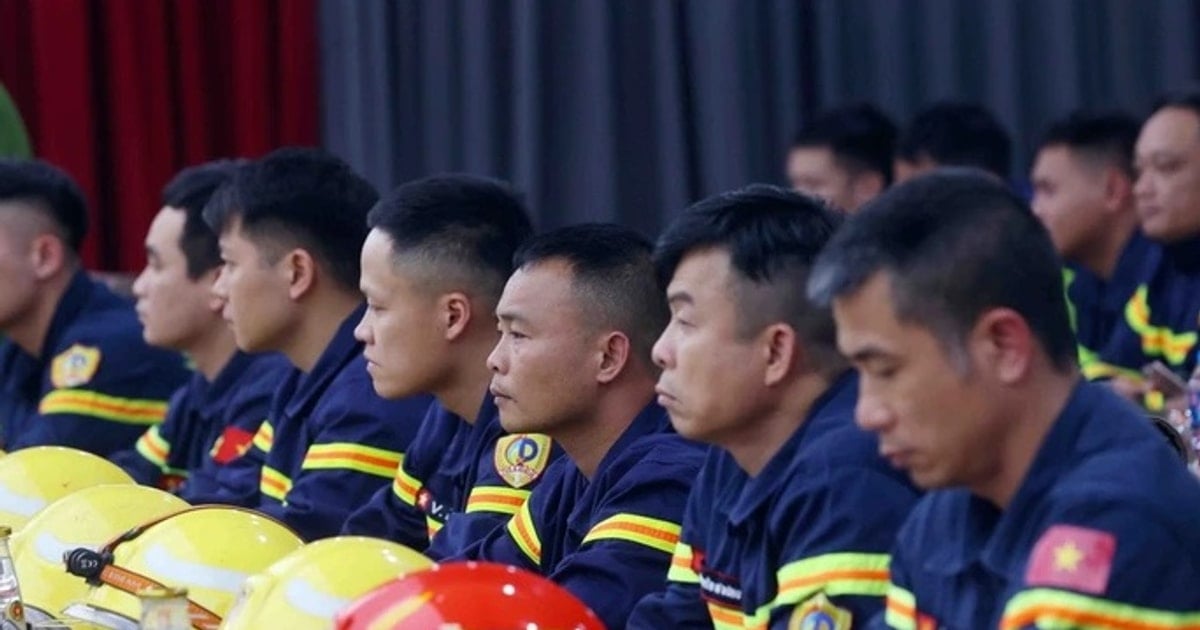
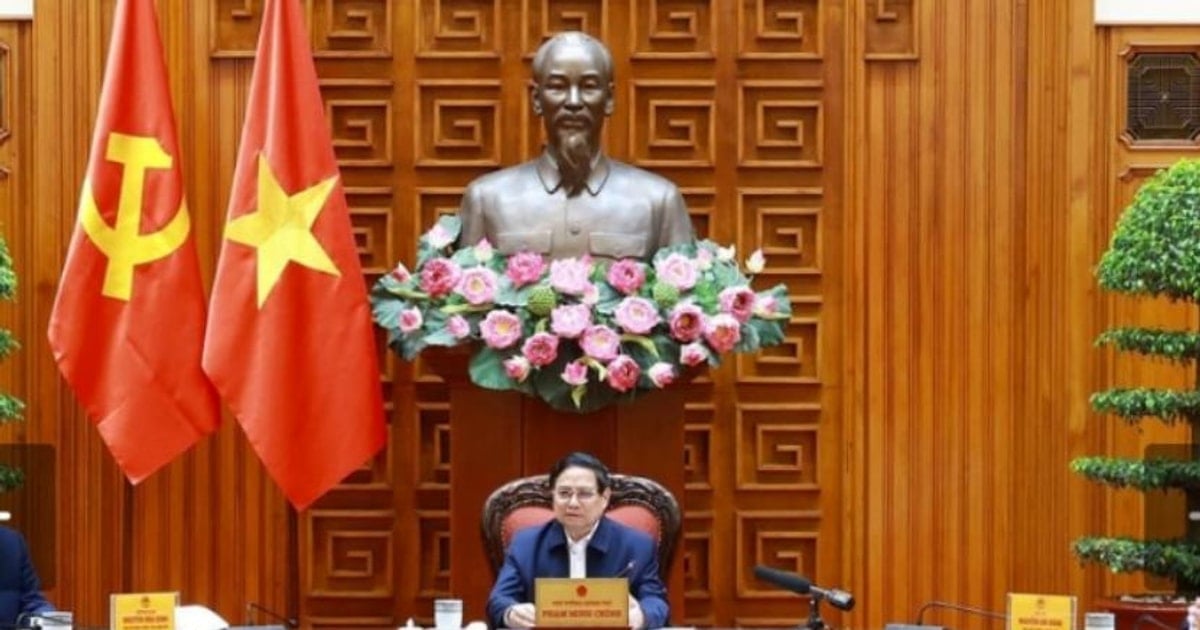
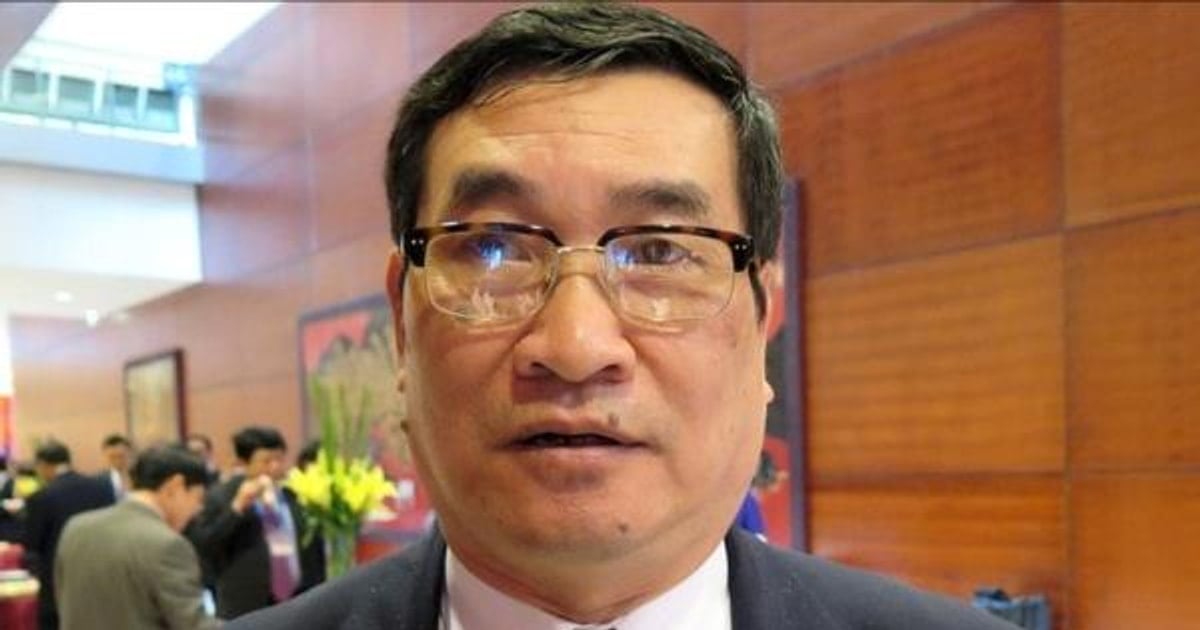
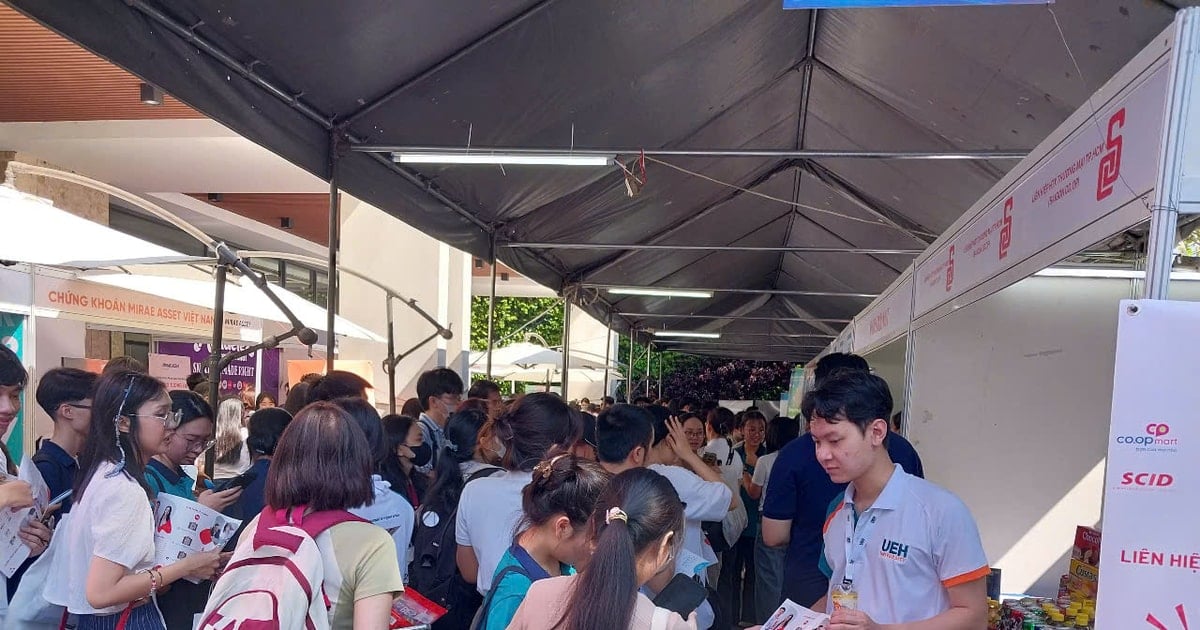
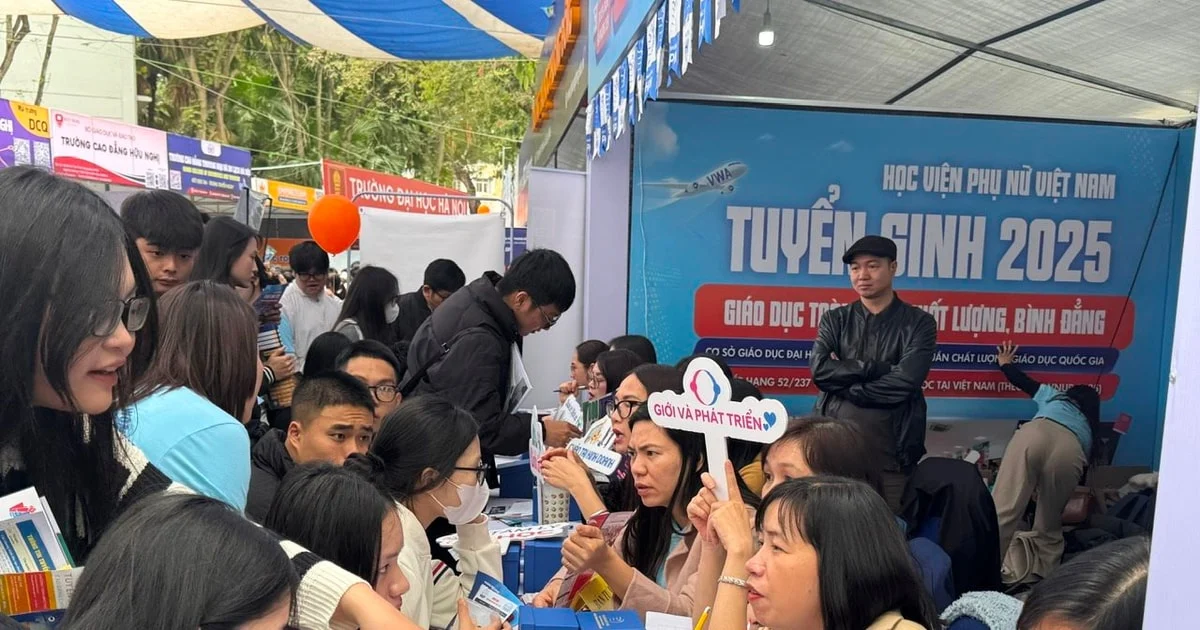
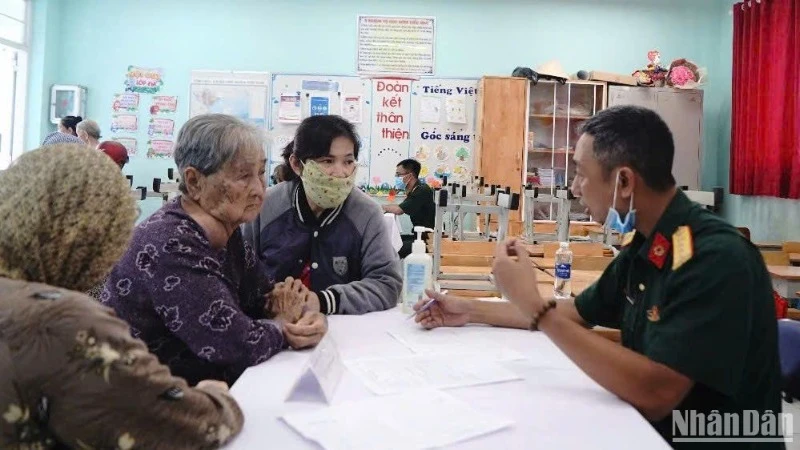














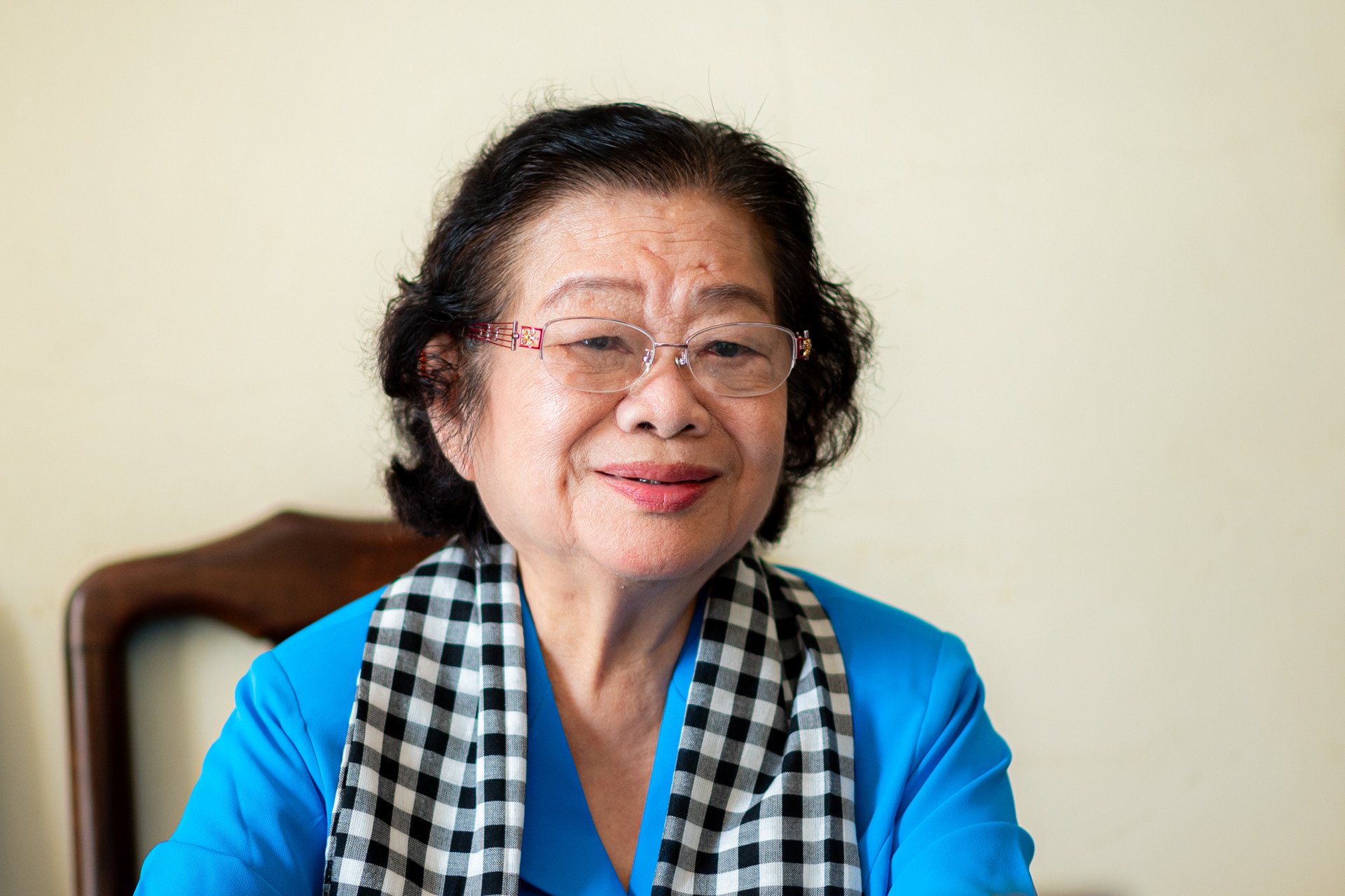

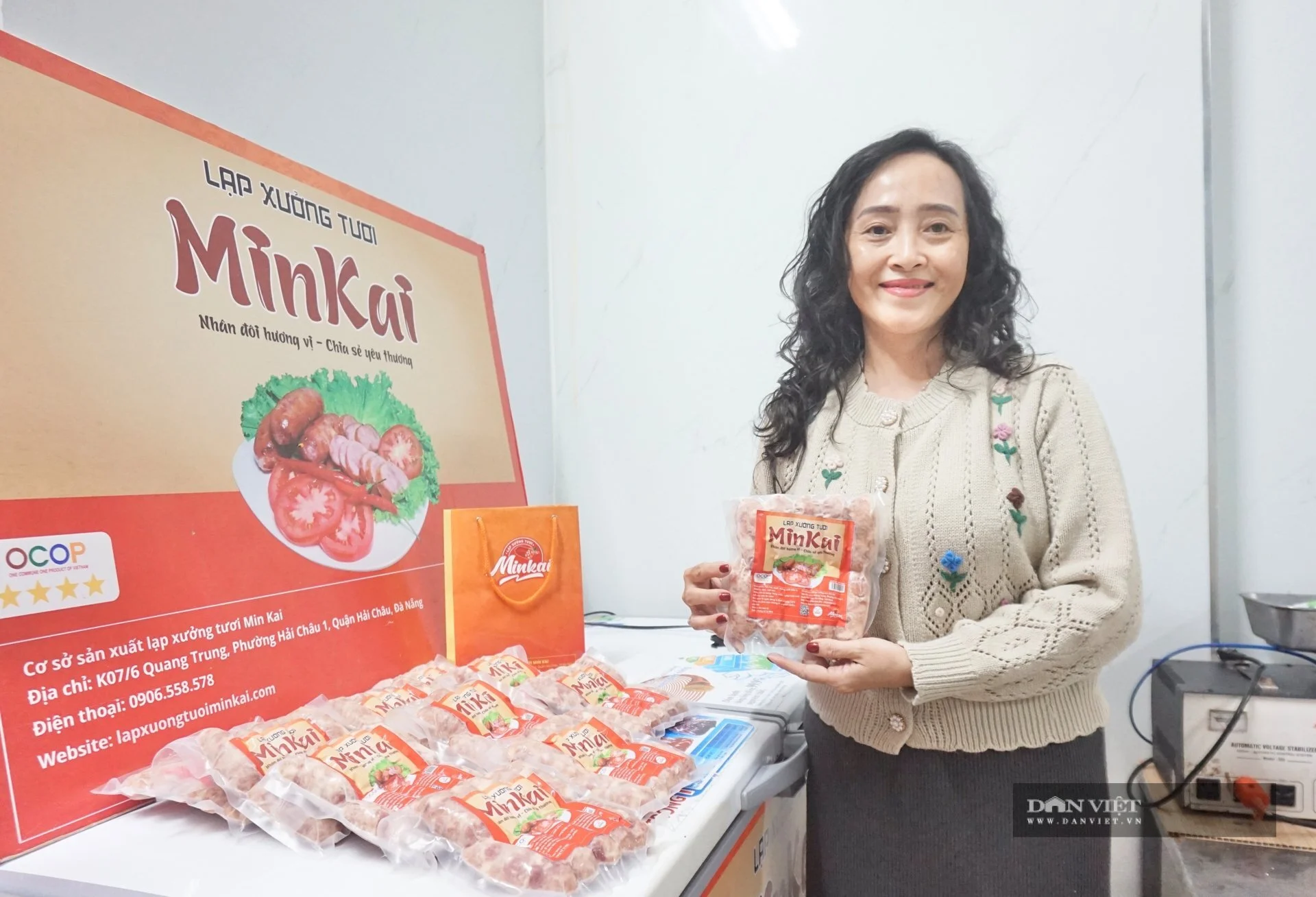

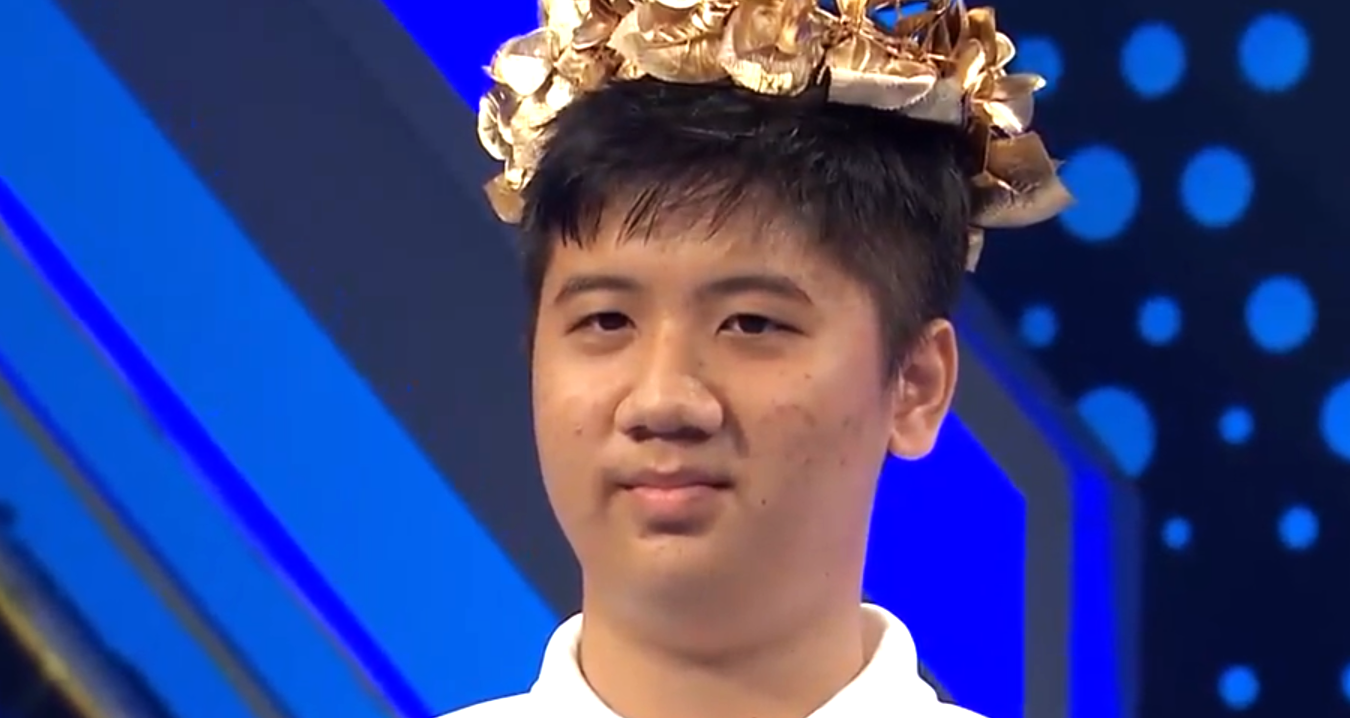






















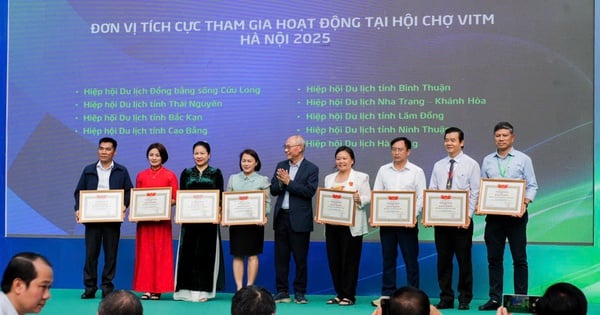





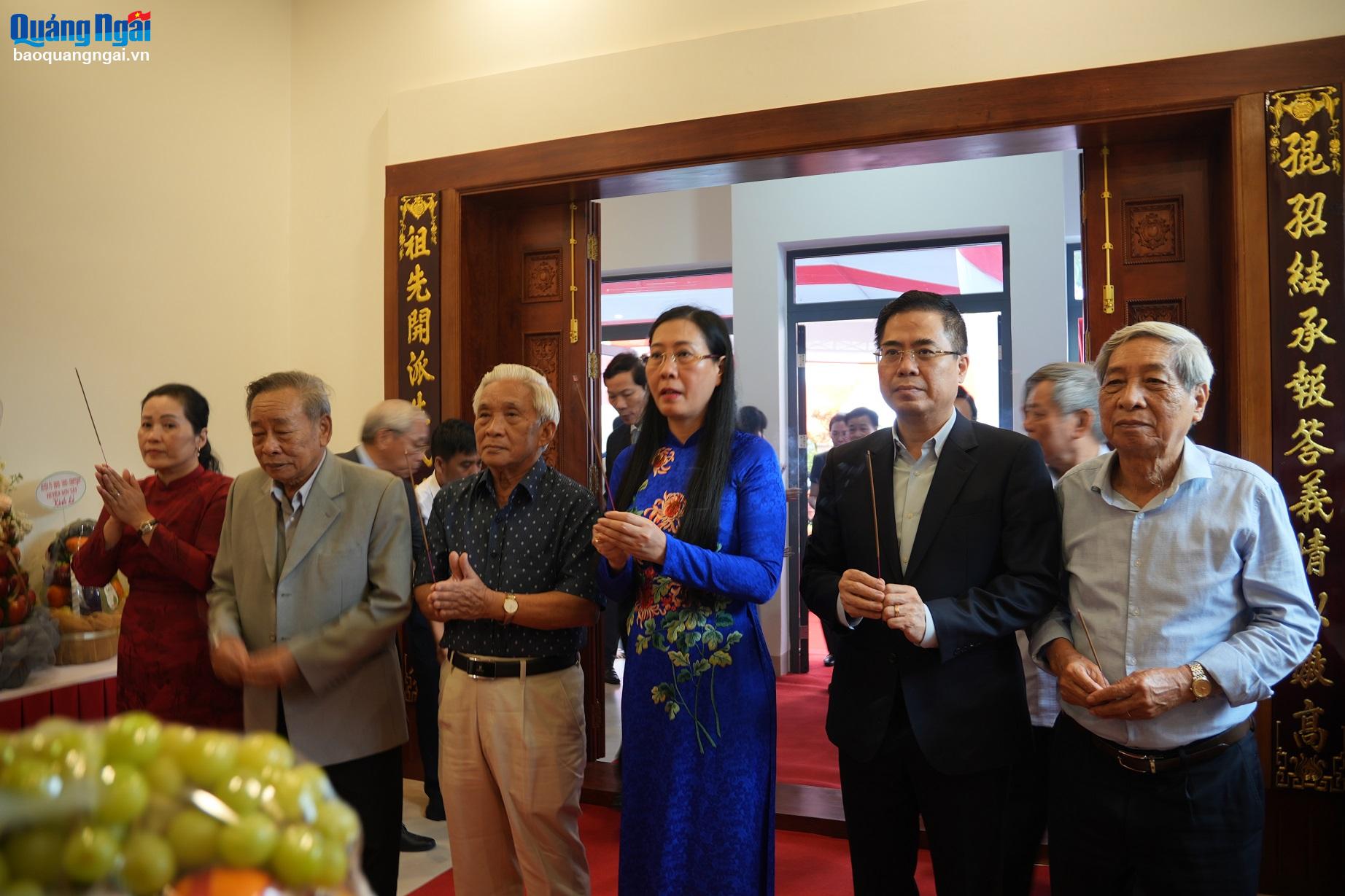
















Comment (0)